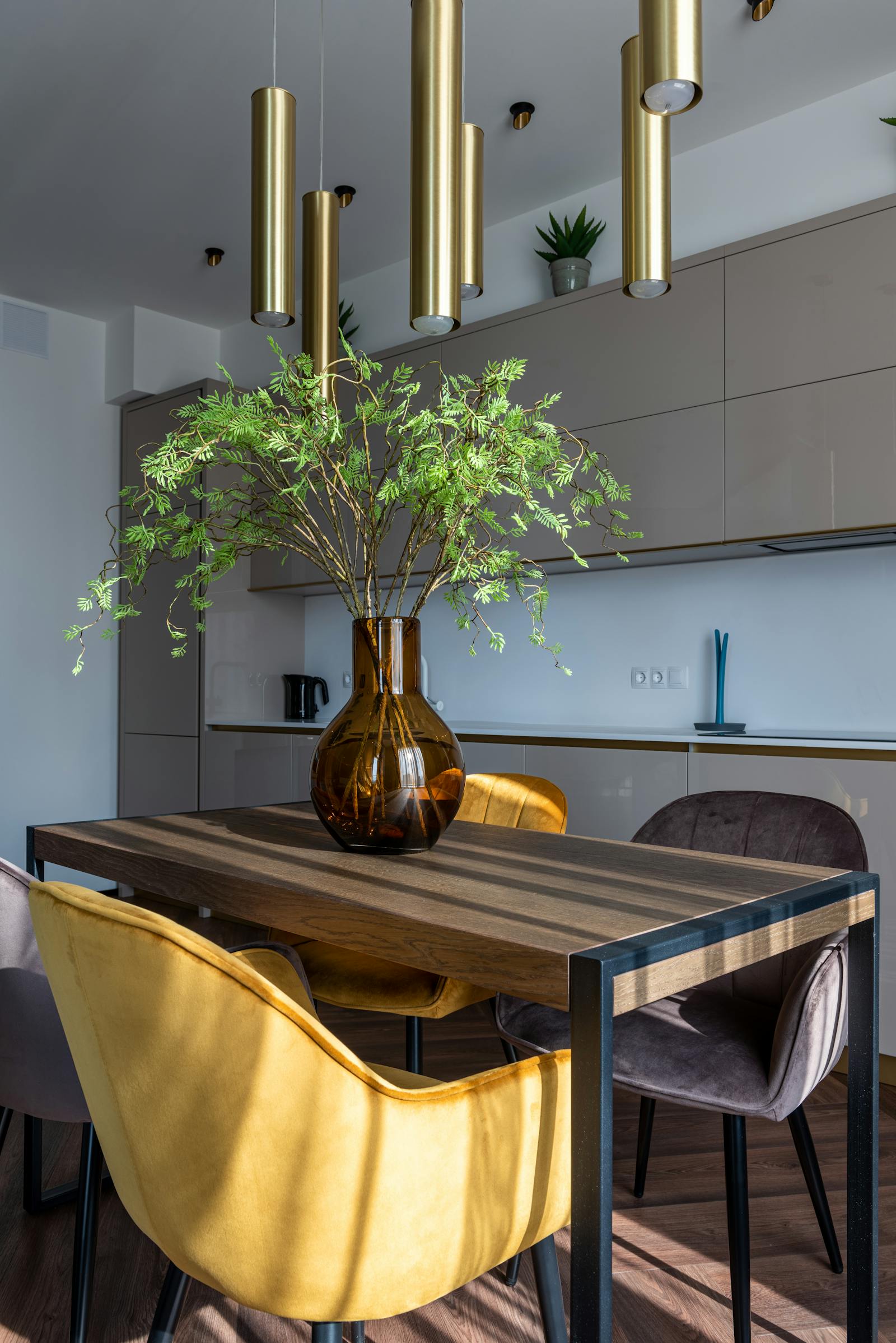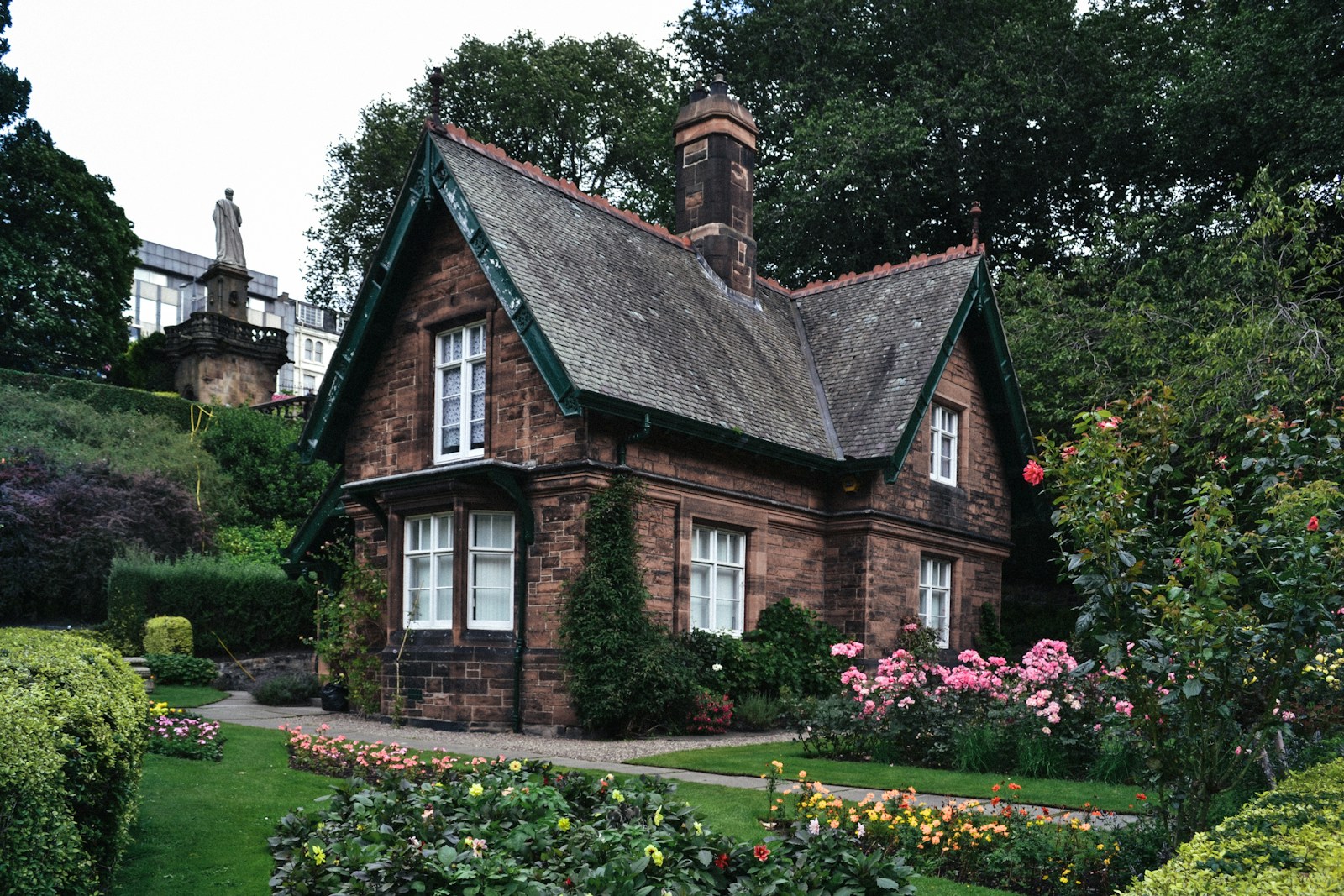Laneway homes, also known as coach houses, have become a popular housing solution in Vancouver. These small, secondary dwellings offer a variety of benefits that make them an attractive option for homeowners and renters alike. In this blog post, we'll explore the key advantages of laneway houses in Vancouver and how they contribute to the city's housing landscape.
Affordable Housing Solutions
One of the primary benefits of laneway homes in Vancouver is their potential to provide more affordable housing options. As property prices continue to rise, finding affordable housing in Vancouver has become increasingly challenging. Laneway houses offer a cost-effective alternative by utilizing existing property space, thereby reducing the need for additional land purchases. This can significantly lower construction costs compared to building a new, standalone home.
By offering a more affordable living option, laneway homes in Vancouver can help alleviate the city's housing crisis. These dwellings provide opportunities for individuals and families who may be priced out of the traditional housing market, allowing them to live in desirable neighborhoods without breaking the bank.

Sustainability and Eco-Friendly Living
Sustainability is another significant advantage of laneway homes in Vancouver. These small dwellings often incorporate eco-friendly building practices and materials, reducing their environmental impact. For instance, many laneway houses are designed to be energy-efficient, with features such as high-quality insulation, energy-efficient windows, and low-energy lighting. Some even include solar panels and rainwater harvesting systems to further reduce their carbon footprint.
In addition to their green building features, laneway homes also promote sustainable urban living by increasing density in established neighborhoods. This reduces urban sprawl and encourages the use of public transportation, walking, and cycling, which can further decrease greenhouse gas emissions.

Multigenerational Living and Community Building
Laneway homes in Vancouver are also ideal for multigenerational living. These secondary dwellings provide a way for families to stay close together while still maintaining privacy and independence. For example, elderly parents can live in a laneway house on the same property as their children and grandchildren, allowing them to receive support and care without sacrificing their autonomy.
This arrangement can also benefit young adults who are saving to buy their own home. By living in a laneway house on their family’s property, they can save money on rent while still enjoying a level of independence.
Additionally, laneway homes help to build and strengthen communities. By increasing the number of residents in a neighborhood, these dwellings can lead to more vibrant and active communities. Local businesses may see increased patronage, and neighbors have more opportunities to connect and support each other.

Conclusion
Laneway homes, or coach houses, in Vancouver offer a range of benefits that make them an appealing housing option. From providing affordable and sustainable living solutions to fostering multigenerational living and stronger communities, laneway houses play a crucial role in addressing Vancouver's housing challenges. As the city continues to grow and evolve, these small but impactful dwellings will undoubtedly remain an integral part of Vancouver's urban landscape.
By considering a laneway house in Vancouver, you can enjoy these numerous benefits while contributing to the city's sustainability and community-building efforts. Whether you're a homeowner looking to maximize your property or a renter seeking an affordable and eco-friendly living option, laneway homes in Vancouver are worth exploring.



 The data relating to real estate on this website comes in part from the MLS® Reciprocity program of either the Real Estate Board of Greater Vancouver (REBGV), the Fraser Valley Real Estate Board (FVREB) or the Chilliwack and District Real Estate Board (CADREB). Real estate listings held by participating real estate firms are marked with the MLS® logo and detailed information about the listing includes the name of the listing agent. This representation is based in whole or part on data generated by either the REBGV, the FVREB or the CADREB which assumes no responsibility for its accuracy. The materials contained on this page may not be reproduced without the express written consent of either the REBGV, the FVREB or the CADREB.
The data relating to real estate on this website comes in part from the MLS® Reciprocity program of either the Real Estate Board of Greater Vancouver (REBGV), the Fraser Valley Real Estate Board (FVREB) or the Chilliwack and District Real Estate Board (CADREB). Real estate listings held by participating real estate firms are marked with the MLS® logo and detailed information about the listing includes the name of the listing agent. This representation is based in whole or part on data generated by either the REBGV, the FVREB or the CADREB which assumes no responsibility for its accuracy. The materials contained on this page may not be reproduced without the express written consent of either the REBGV, the FVREB or the CADREB.